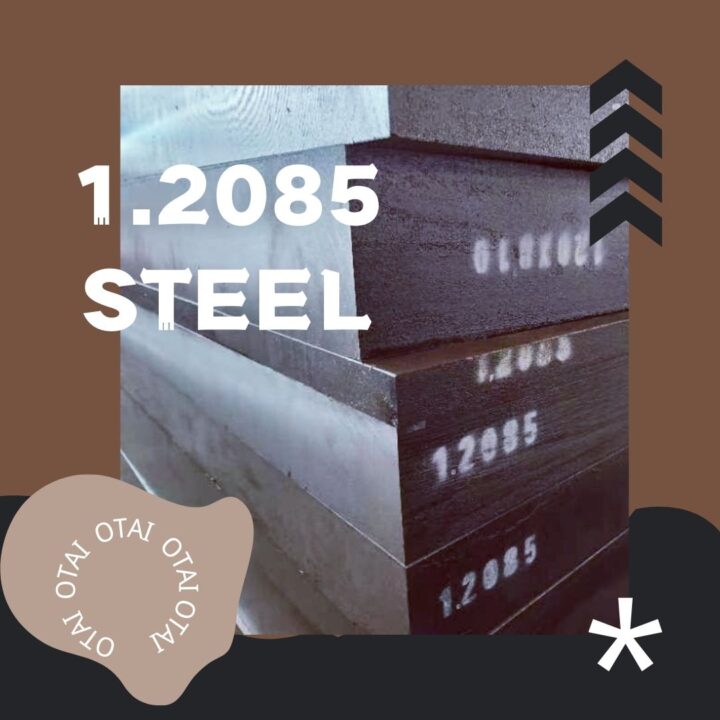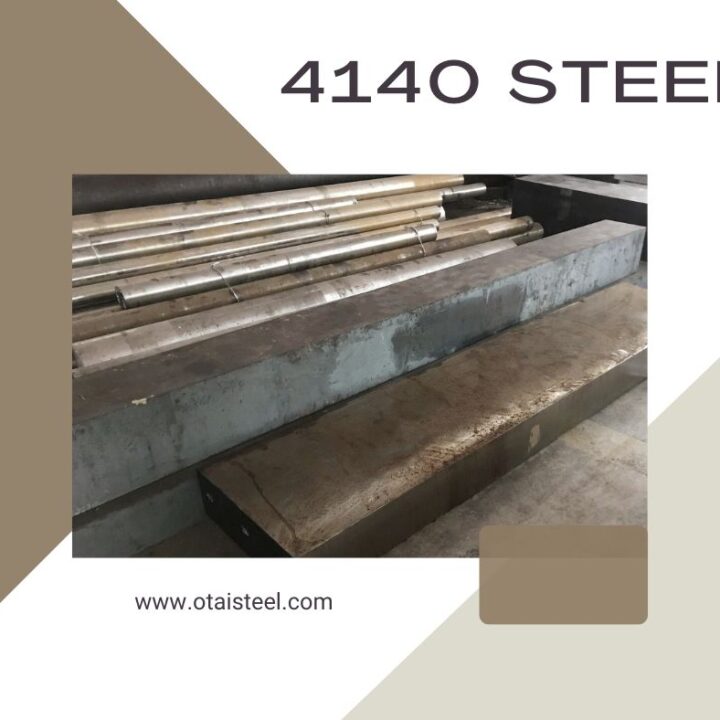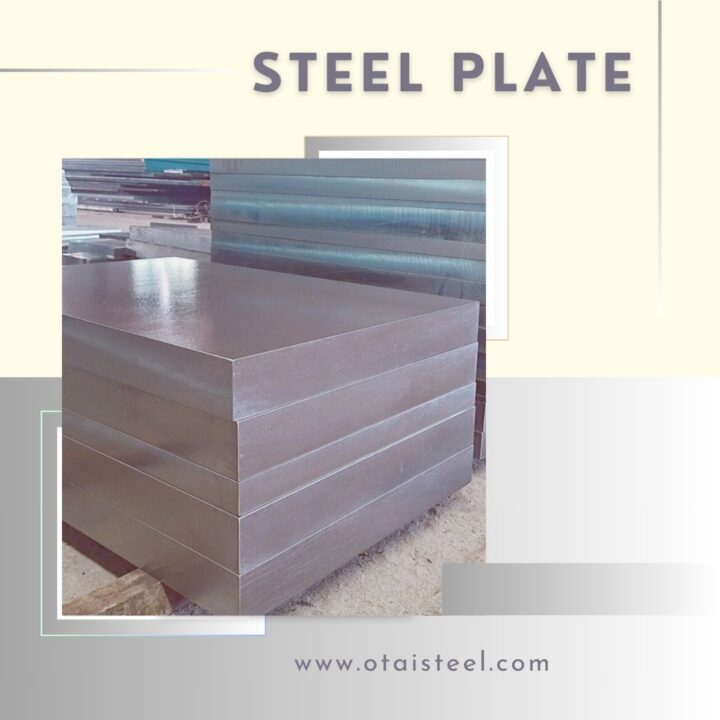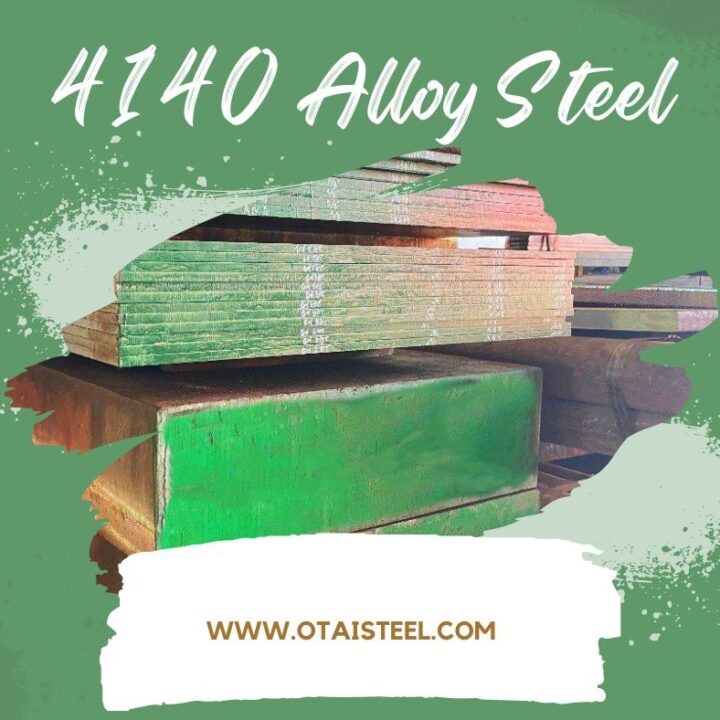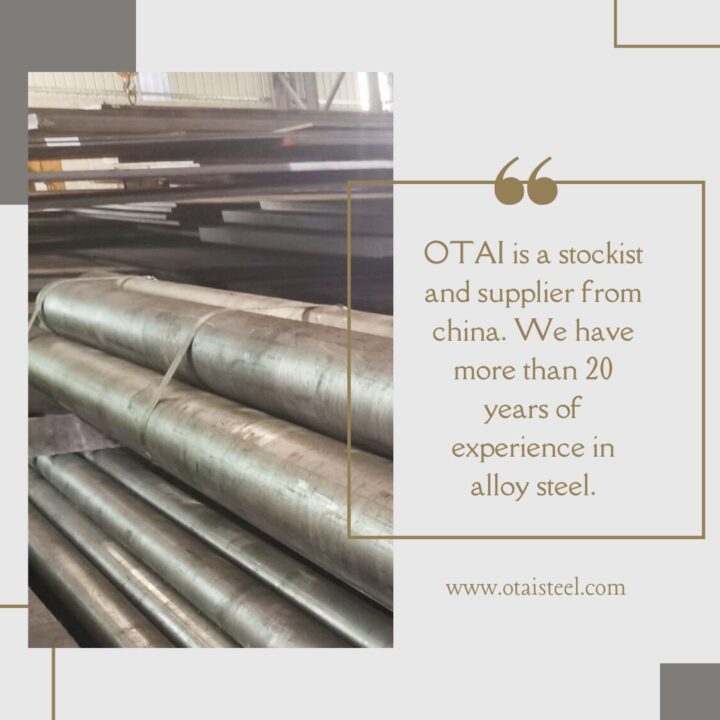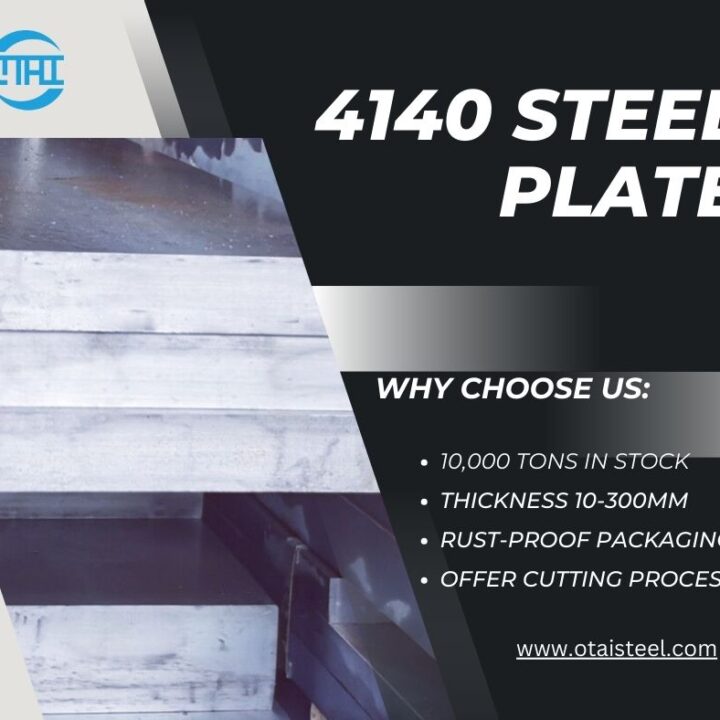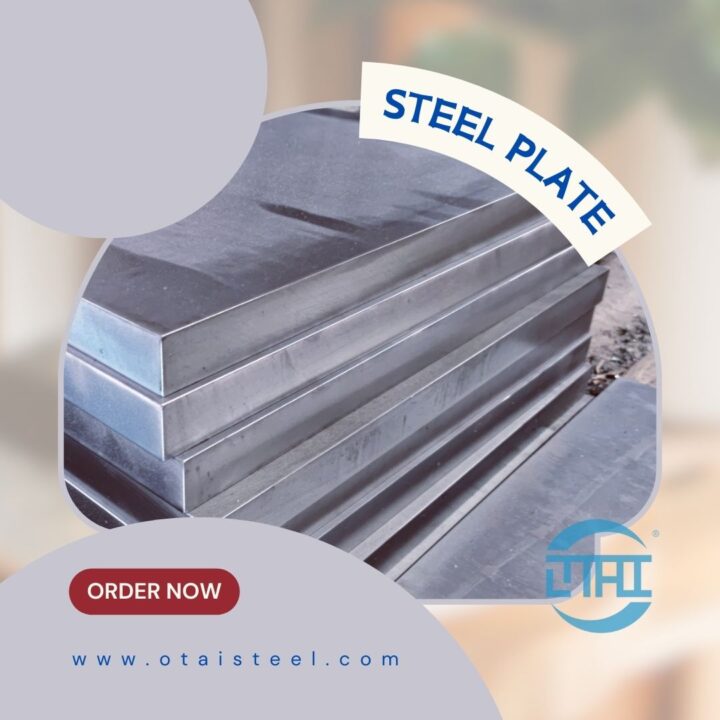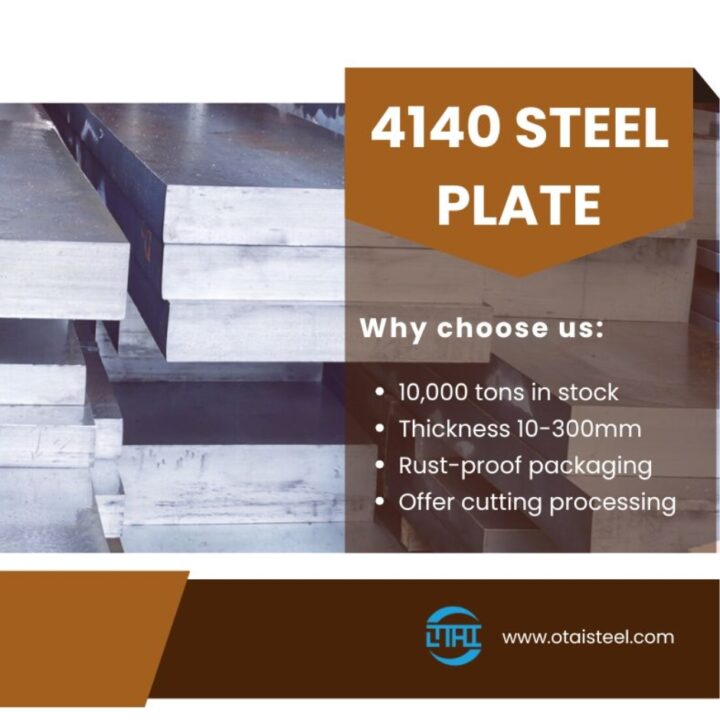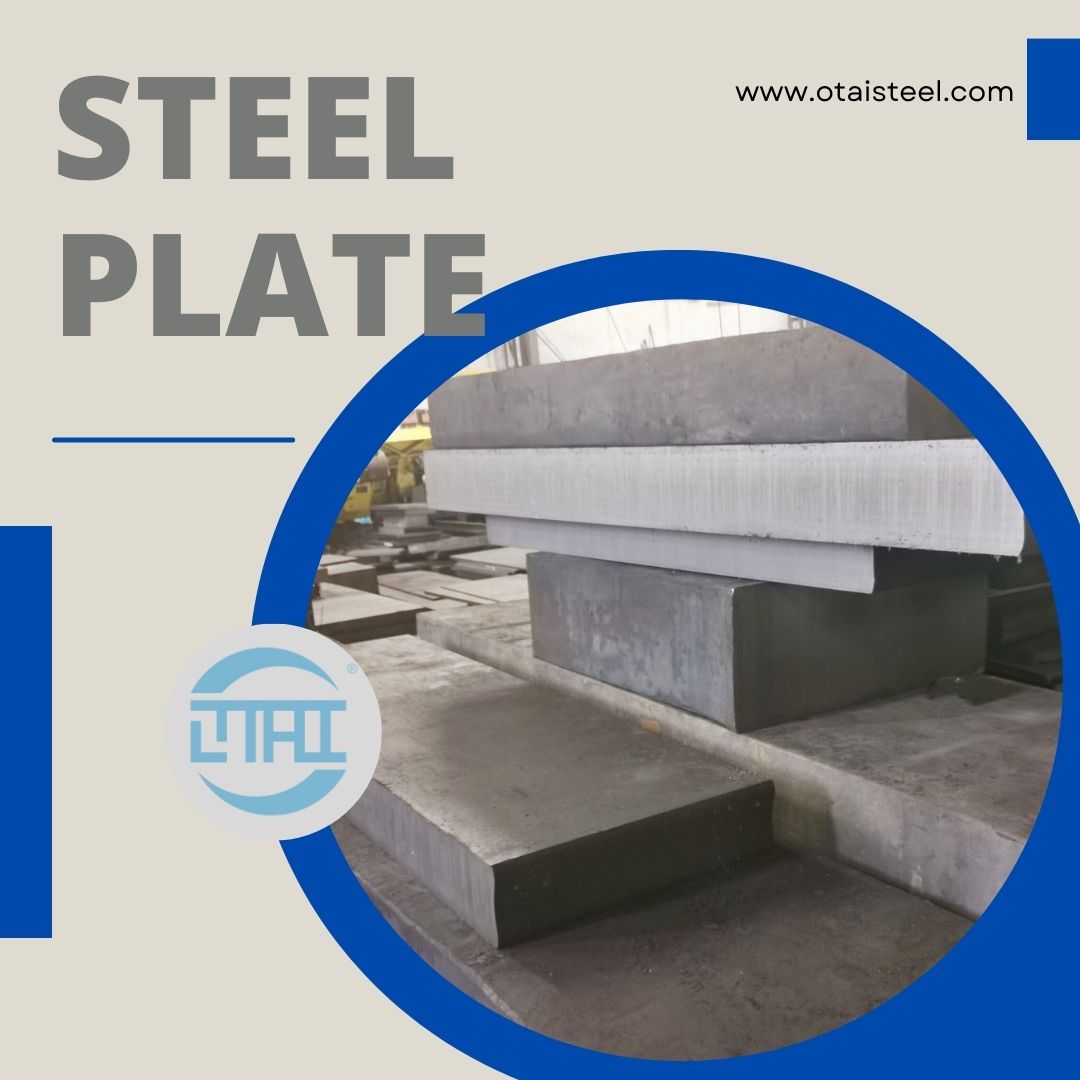 In the world of tool steel, the 1.2316 grade stands as a remarkable material known for its versatility and reliability. In this comprehensive guide, we’ll explore the various facets of 1.2316 tool steel, from its standards and chemical composition to applications, sizes, pricing considerations, and finding trustworthy suppliers.
In the world of tool steel, the 1.2316 grade stands as a remarkable material known for its versatility and reliability. In this comprehensive guide, we’ll explore the various facets of 1.2316 tool steel, from its standards and chemical composition to applications, sizes, pricing considerations, and finding trustworthy suppliers.
Exploring tool steel grades 1.2316
- Standard and Chemical Composition
1.2316 tool steel adheres to stringent standards, ensuring consistency and performance. The precise combination of elements, including chromium, molybdenum, and vanadium, contributes to its exceptional properties.
- Mechanical Strength and Durability
Known for its robust hardness, 1.2316 tool steel is a go-to choice for applications demanding resistance to wear and abrasion. Its high tensile strength and durability make it a preferred material for various industrial uses.
Applications of 1.2316 Tool Steel
- Versatility in Industrial Settings
From plastic molding to precision tooling, 1.2316 tool steel finds extensive application across diverse industries. Its adaptability and reliability make it a favorite among manufacturers seeking top-tier materials.
- Precision in Plastic Molding
The hardness of 1.2316 tool steel is particularly advantageous in plastic molding applications. It ensures prolonged tool life, contributing to increased efficiency and cost-effectiveness in production processes.
Size and Form Considerations
1.2316 tool steel is available in various forms, with plates being a popular choice. The availability of different sizes caters to the specific requirements of projects, offering flexibility to industries with varying needs.
Pricing Factors
Understanding the factors influencing the price of 1.2316 tool steel is crucial for budget planning. Elements such as size, quantity, and the reputation of suppliers play a role in determining the overall cost. Obtaining quotes from multiple suppliers ensures competitive pricing without compromising quality.
Finding Reliable Suppliers
- Thorough Research and Reviews
Conducting in-depth research on potential suppliers is vital. Reviews, testimonials, and a proven track record in delivering high-quality materials are indicators of reliable suppliers in the 1.2316 tool steel market.
- Certifications Matter
Ensuring that suppliers adhere to industry standards and possess relevant certifications is a non-negotiable step. Certifications guarantee the authenticity and quality of the 1.2316 tool steel they provide.
Conclusion-tool steel grades 1.2316
As you venture into the world of 1.2316 tool steel, armed with knowledge about its standards, applications, sizes, and pricing considerations, you are well-equipped to make informed decisions. Connect with reputable suppliers and harness the full potential of this exceptional tool steel grade in your projects.
FAQs
Q1: Why is 1.2316 tool steel suitable for plastic molding?
A: The remarkable hardness of 1.2316 tool steel ensures resistance to wear, making it ideal for applications like plastic molding.
Q2: Can 1.2316 tool steel be obtained in custom sizes?
A: Absolutely. 1.2316 tool steel is available in various forms, including plates, offering flexibility to meet specific project requirements.
Q3: How does the hardness of 1.2316 tool steel contribute to its durability?
A: The high hardness ensures prolonged tool life, contributing to the overall durability of components made from 1.2316 tool steel.
Q4: What factors influence the pricing of 1.2316 tool steel?
A: Size, quantity, and supplier reputation are key factors influencing the pricing of 1.2316 tool steel. Obtain quotes from multiple suppliers for the best deals.
Q5: Why is it important for suppliers to have certifications?
A: Certifications guarantee that suppliers adhere to industry standards, ensuring the authenticity and quality of the 1.2316 tool steel they supply.
